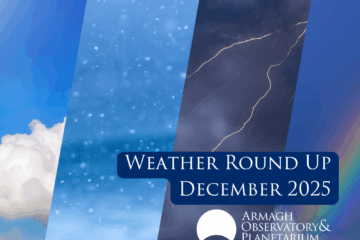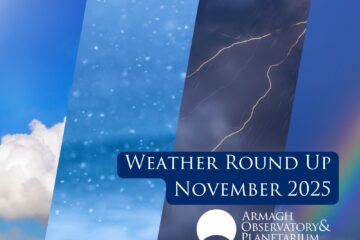I have never met a child who is not fascinated by the stars. Learning to find and recognise planets and constellations is the first step in what can be a lifelong journey through the wonders of the Universe. All the young wannabe astronomer needs to do is leave the Xbox behind and step out into the dark to look and…well, this can be the tricky bit. There will be hundreds of stars to see once the novice stargazer looks up but which one is which?
The answers can be found in Raman Prinja’s Night Sky Watcher, a new beginner’s guide to astronomy aimed at young observers aged seven and up. Very reasonably priced at £7.99, this is a fine first astronomy book with a decidedly practical bent. In 120 heavily illustrated pages, the author, a professor of astrophysics, starts by introducing the range of celestial objects and astronomical concepts, moving on to starhopping through the constellations and observing the planets and Moon. The book finishes with a guide to seeing “unusual sights”, meteors, aurorae, satellites and eclipses.

Concentrating on naked eye objects, the book does also include astrophotographs of deep sky objects. (image credit:Armagh Planetarium)
The book is clearly presented with clear diagrams and star charts. It covers the major and easily found constellations of the northern hemisphere plus the Southern Cross and Centaurus. Anyone could take this book outside with a torch (with a red sweetie wrapper over the lens of course) and, hopping between the bright stars, find their way across the heavens. The publishers have recognised that the book may spend many cold nights outdoors and so it comes in a handy zip-up plastic cover. This is mainly an observing guide to the night sky, so while it explains the science about the objects it covers, especially the planets, it is not the book for anyone waiting a child-friendly guide to black holes, extra-solar planets or cosmology. These can come later once the new stargazer has mastered the constellations and planets and wants to know more about the cosmos she or he has learned to explore from their back garden.
I recommend this book to anyone who hopes to give a young person a start in appreciating our night sky.
Night Sky Watcher by Raman Prinja, QED Publishing, London 2014.
(Review by Colin Johnston, Science Education Director. Review copy supplied by publisher)




0 Comments